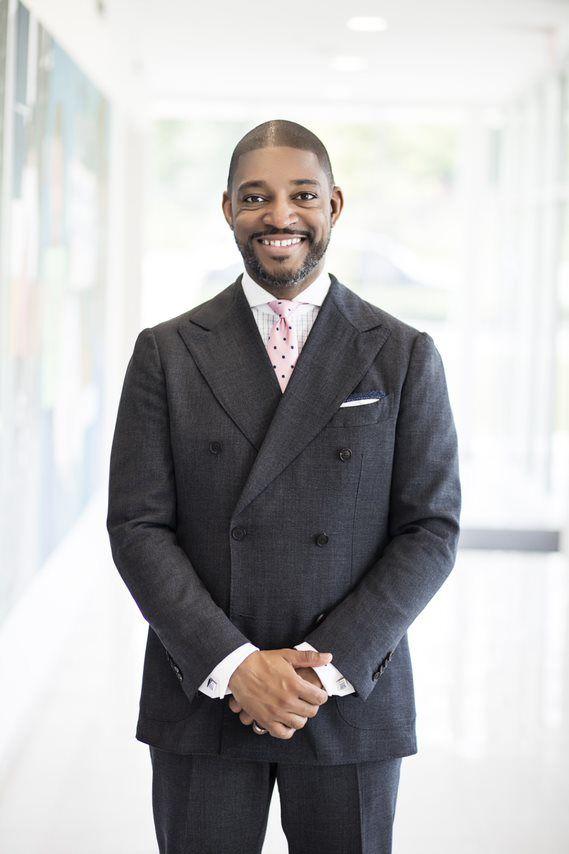
Missouri should raise – not the lower – the age to charge youths as adults
In the wake of cascading public health emergencies – first the arrival of the COVID-19 pandemic, then the murder of George Floyd and the violent police response to mostly non-violent protests for Black Lives – communities across the country are reexamining their relationships with policing and mass incarceration. Across the country, the arrival of COVID-19 has led to a reduction in confinement and incarceration, including of children, demonstrating that most jurisdictions have been over-confining and over-jailing. Taking the opportunity to make these reductions permanent, by decreasing reliance on confinement, is a must.
Communities are daring to believe that the once unimaginable – where communities define public safety without policing, where fewer people are incarcerated and jails close, and where public budgets are reallocated for the benefit of children and families – is indeed attainable.
We in Missouri, and particularly St. Louis, know that feeling all too well. Just weeks ago, the world witnessed the victory of a two-and-a-half-year campaign to close St. Louis’ Medium Security Institution when local lawmakers passed legislation to that end. That victory is just a glimpse of what is possible as we transform the approach to confinement and incarceration.
We also know that feeling is fragile and can be fleeting. Just 10 days later, by order of the governor of Missouri, state lawmakers convened to review a set of policies that, in part, further over-criminalize and over-incarcerate the most vulnerable among us: children. In particular the legislation under review, Senate Bill 1, proposes to mandate adult certification hearings for children as young as 14 years old for offenses involving firearms.
While there is no evidence that transferring children to the adult system will effectively address gun violence, we do know that when there is an option to certify children as adults, Black children are disproportionately tried as adults. Unfortunately, this is unsurprising. We have learned through Metropolitan Congregations United’s Break the Pipeline campaign that even in the juvenile system, Black and Brown children are more often referred to confinement in juvenile detention centers rather than restorative alternatives.
Missouri’s Juvenile and Family Division reported that, in 2017, 74% of Black children in Missouri who went through the juvenile certification process were certified to be tried as adults, compared to 26% of white children. Children incarcerated with adults are five times more likely to be assaulted and nine times more likely to die by suicide than those who remain in the juvenile system. Contact with the adult criminal justice system is harmful for all children.
SB 1 undermines the spirit of the landmark bipartisan Raise the Age reform Missouri passed in 2018 to keep most children under 18 years old out of the harmful and destructive adult incarceration system. When the law takes effect in January 2021, no longer will all 17-year-olds charged with crimes be automatically charged as adults. There is widespread consensus that the adult system is more harmful for children and unequipped to meet their needs. The juvenile system is better designed to provide children, even those with serious offenses, with education, therapy and intensive restorative programming that is mostly absent from the adult system.
Instead of jumping to incarcerate more children, even before Raise the Age is implemented, Missouri should look to see how Raise the Age, increased use of diversions and other alternatives to arrest have been effective in other states. In states where Raise the Age has been implemented, decreases in the number of arrests have been the rule, as adolescents formerly seen as adults soon come to be seen as the children they are.
This was most recently illustrated in New York, where Raise the Age led to a significant drop in arrests of 16-year-olds after implementation. After Raise the Age was implemented in October 2018, the next 12 months saw an average of 174 felony arrests of 16-year-olds per month, while for the year 2017, the average had been 244 per month.
Overall, since 2009 – the year before the first of nine Raise the Age laws went into effect – arrests of children under 18 have dropped 60% nationally.
The implementation of Raise the Age in Missouri on January 1, 2021 can have a broader impact if we learn the lessons before us and prevent the irreparable harms of SB 1. At a time when the nation is grappling with the trauma and realities of an unjust and inequitable justice system, the response to addressing community pain and suffering must be rooted in liberating policies that provide better outcomes for Missouri’s children.
Kristian Blackmon is a St. Louis organizer with Campaign for Youth Justice and an activist for the fight of Black liberation. Campaign for Youth Justice is a national initiative focused entirely on ending the practice of prosecuting, sentencing, and incarcerating youth under the age of 18 in the adult criminal justice system. Follow her at @iamkrisblackmon on IG and @krisisblackstar on Twitter.
Rev. Dr. Starsky D. Wilson is president and CEO of Deaconess Foundation and board chair for the National Committee for Responsive Philanthropy. Deaconess Foundation and the Deaconess Center for Child Well-Being pursues child well-being through public policy and racial equity. Follow him at @revdrstarsky and @deaconessfound.
